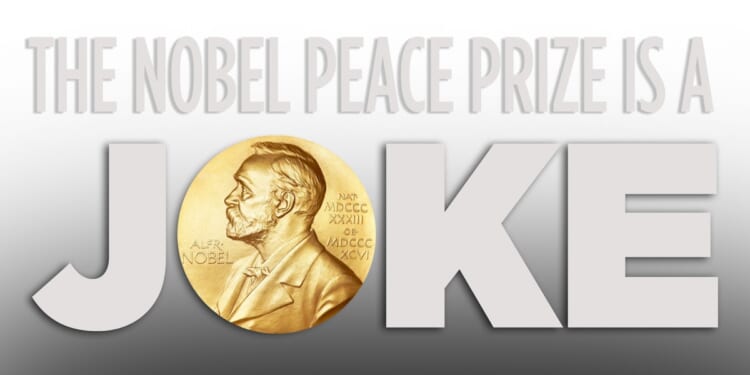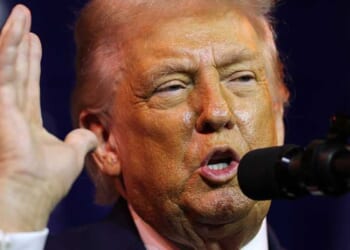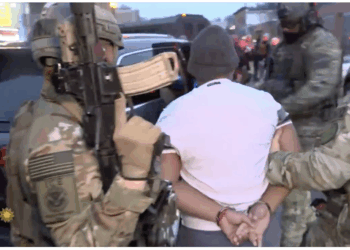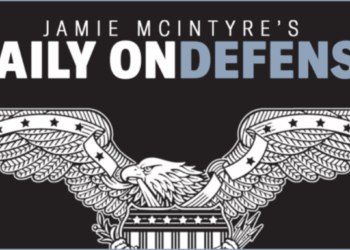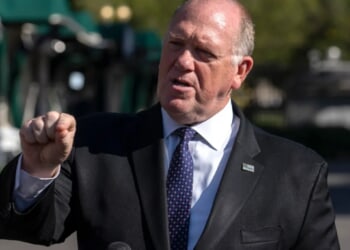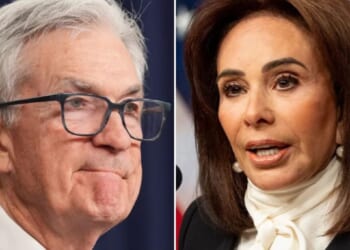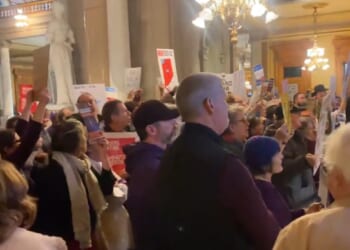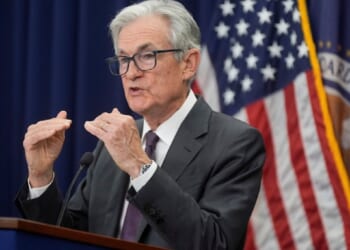Too often, the Nobel Peace Prize has gone not to leaders who created stability but to those whose policies unleashed chaos, strengthened tyrants, or emboldened terrorists. The prize has become a political statement rather than a reflection of results.
President Barack Obama received the Nobel Peace Prize in 2009, just a year after taking office. The justification was not based on policy achievements but on rhetoric — his promises to pursue diplomacy and strengthen alliances.
Yet the years that followed were marked by deepening instability. The Obama administration oversaw NATO’s intervention in Libya, which ended in the overthrow of Muammar Gaddafi but left the country in permanent chaos, fractured by militias and plagued by terrorism.
In Syria, his “red line” against chemical weapons collapsed into empty words, while civil war consumed the country, killing more than 500,000 people and forcing millions into exile. Obama also oversaw a sharp escalation in drone strikes across the Middle East, operations that killed thousands, including many civilians.
Most damaging was his response to the Iranian Green Movement in 2009. While hundreds of thousands of Iranians demanded freedom and an end to dictatorship, Obama chose not to support them.
Instead, he prioritized engagement with the regime, sacrificing the best opportunity in decades to replace Iran’s theocracy with a democratic alternative. That failure helped entrench a government that has become the world’s leading state sponsor of terrorism.
President Jimmy Carter, who received the Nobel Peace Prize in 2002 for “decades of work in human rights,” left behind a similarly destructive legacy.
During his presidency, Carter pressured Iranian Shah Mohammad Reza Pahlavi to rapidly liberalize under mounting domestic unrest — releasing political prisoners, loosening state controls, and expanding press freedoms.
These reforms weakened the Shah’s authority at the very moment radical Islamists were mobilizing under Ayatollah Ruhollah Khomeini. The collapse of the Shah’s government paved the way for the Islamic Republic, a regime that has murdered dissidents, funded terrorist groups from Hezbollah to Hamas, and killed American soldiers through proxy militias.
Carter admitted in his own memoir that he failed to recognize the Shah’s vulnerability. His miscalculation triggered the 444-day Iran hostage crisis, which humiliated the United States and emboldened its enemies across the world.
Perhaps the most disgraceful recipient of the Nobel Peace Prize was Yasser Arafat in 1994. Arafat signed the Oslo Accords, but his history was marked by conflict rather than peace. He masterminded the 1972 Munich Olympics massacre, which left 11 Israeli athletes murdered, and he oversaw more than 40 hijackings of passenger planes between 1968 and 1977.
After Oslo, Arafat redirected foreign aid to terrorist organizations, strengthened Hamas, and incited the Second Intifada, a campaign of bombings and shootings that killed more than 1,000 Israeli civilians. Rewarding Arafat exposed the Nobel Committee’s moral blindness.
To honor a terrorist as a peacemaker undermined not only the award but also the victims of the violence he orchestrated.
In contrast, President Donald Trump’s record is substantive. His administration brokered the Abraham Accords, establishing open relations between Israel and several Arab states. He mediated ceasefire agreements between Armenia and Azerbaijan, opened direct diplomatic channels with North Korea, and defused tensions between nuclear rivals India and Pakistan.
President Trump also facilitated cooperation agreements across Africa and Southeast Asia, promoting stability without launching new wars or expanding U.S. military commitments abroad. These were not speeches or symbolic gestures — they were binding agreements that reshaped alliances and improved global security.
The Nobel Peace Prize was awarded to leaders who had left nations in ruins, empowered extremists, and squandered historic opportunities for freedom. In contrast, the president who achieved historic agreements was overlooked. The Nobel Committee’s refusal to award Trump the prize speaks less about Trump’s record and more about the Committee’s politics.
History will not measure peace by the decisions of a biased committee. It will measure it by results.
Trump’s record — strengthening alliances, preventing wars, and brokering agreements where others failed — will stand long after the Nobel Peace Prize has diminished into symbolism. Peace is secured through strength and decisive leadership, not through speeches, appeasement, or the illusion of reform.

